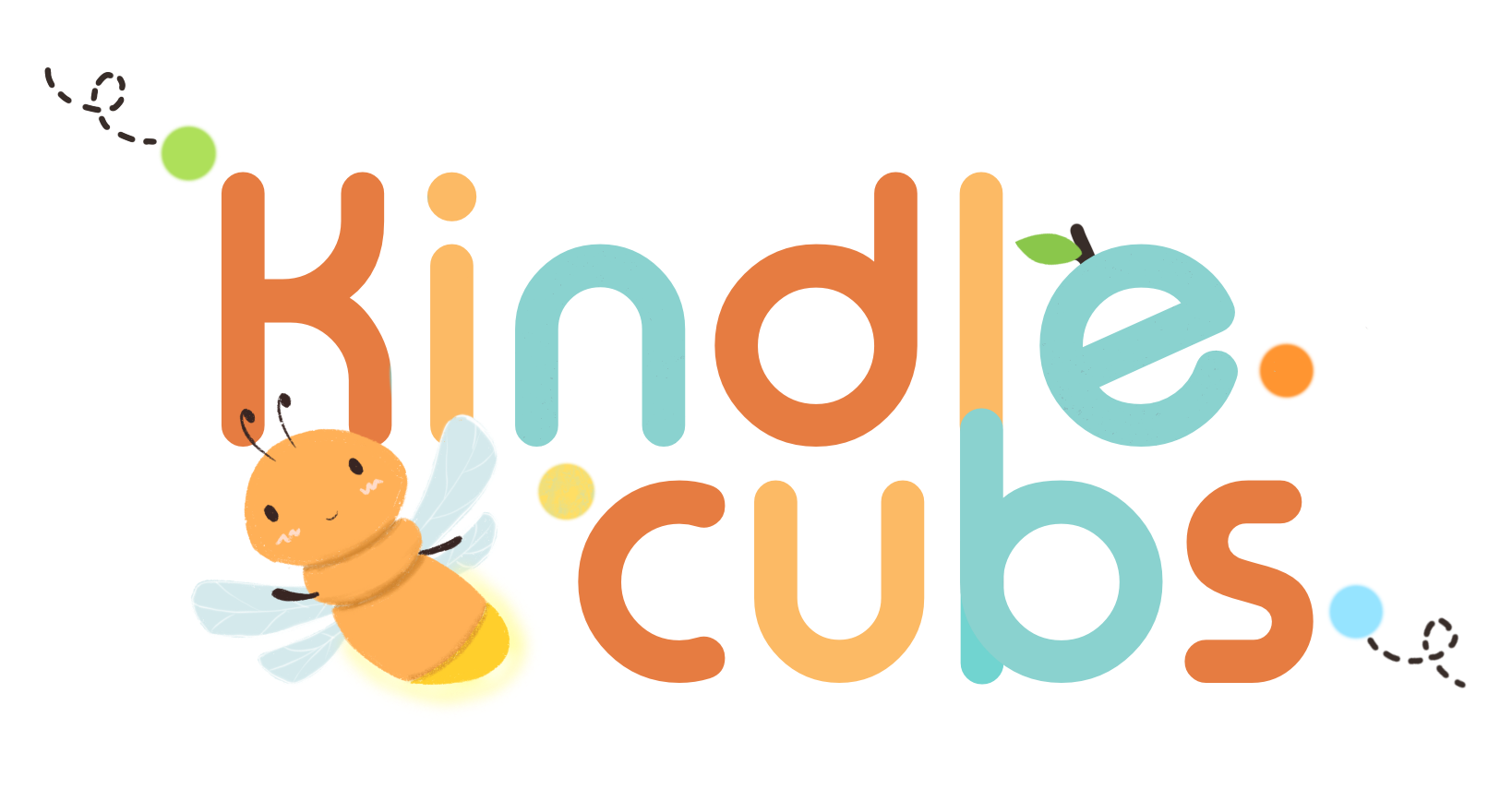Unlocking Your Child’s Potential: The Power of Critical Thinking in Early Childhood
In today’s fast-paced world, where information is just a click away, the emphasis on knowledge acquisition often overshadows the importance of critical thinking. However, fostering critical thinking skills at a young age can have a transformative impact on a child’s development and future success.
Why Critical Thinking Matters: Critical thinking enables children to analyze information, make decisions, solve problems, and think independently. It’s not about what they know but how they think. Encouraging these skills helps them adapt to new situations, ask questions, and approach challenges with confidence and creativity.
Practical Tips for Parents
Encourage Curiosity: When your child asks questions, avoid giving direct answers immediately. Instead, respond with open-ended questions like, “What do you think?” or “Why do you feel that happens?”
Promote Problem-Solving: Allow them to solve age-appropriate puzzles, engage in role-playing games, or tackle everyday problems like setting the table or organizing toys.
Nurture Decision-Making: Let them make small decisions, such as choosing clothes for the day or selecting bedtime stories. Discuss the outcomes of their choices to reinforce logical reasoning.
Limit Passive Learning: Instead of relying solely on rote memorization or screen-based learning, provide hands-on experiences. Activities like building blocks, nature walks, or cooking can spark creativity and critical analysis.
Shifting the Focus: While knowledge is essential, it’s critical thinking that empowers children to make sense of the world around them. By prioritizing these skills, parents can equip their children with the tools to navigate life’s complexities confidently.


Leave a Reply